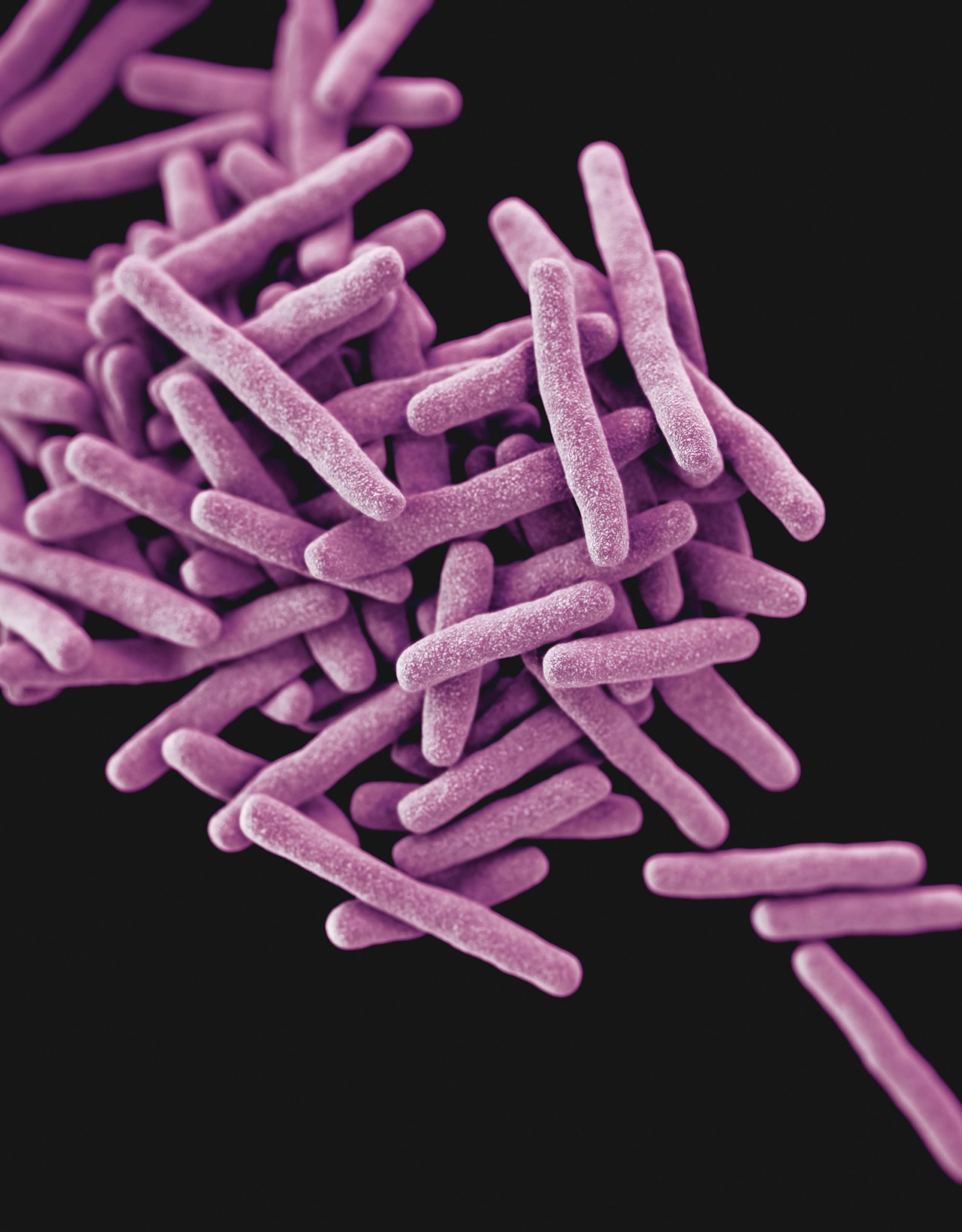Why the Oral Microbiome is the Key to a Healthy Mouth and Body

Many of us are familiar with the concept of the gut microbiome and its importance in maintaining our overall health. Less known is the complex ecosystem of microbes in our mouth, the oral microbiome, which is crucial to oral- and even overall health. In this blog post, I discuss the oral microbiome, why it is vital for our health, and ways to improve your oral microbiome to maintain a healthy smile and body.
What is the Oral Microbiome?
The oral microbiome refers to the diverse community of microorganisms that reside in our mouths, including bacteria, fungi, and viruses. More than 700 microbial species inhabit our oral cavities, making it one of the most complex microbial ecosystems in the human body. We have a history of fearing bacteria because of fear of illness, but research has shown that many species of bacteria are good for us. These microorganisms play an essential role in our physiology and health. They help maintain oral health by protecting against harmful pathogens, assisting with the digestion of food, boosting our nutrition, tuning the metabolism, and helping to maintain oral homeostasis.
The Connection Between Oral and Overall Health
Our oral health is closely linked to our overall health. This oral-systemic link occurs primarily because the mouth is an entry point for beneficial and harmful microbes. When the balance of the oral microbiome is disrupted, it can lead to oral infections such as periodontal (gum) disease, which contributes to various systemic conditions.
Some of the health conditions associated with poor oral health include:
- Cardiovascular disease. Research indicates that people with periodontal disease have a higher risk of developing cardiovascular disease. Inflammation in the gums can lead to inflammation in the blood vessels, increasing the risk of heart attack and stroke. How is this possible? Inflammation and dysbiosis in the oral cavity can spill over into the bloodstream, which can cause injury to artery walls and contribute to the development of heart disease. Oral pathogenic bacteria have been seen in atherosclerotic plaques in the cardiovascular systems. If dislodged, those plaques can block vessels and cause stroke or heart attack if they become dislodged.
- Diabetes. Individuals with diabetes are more prone to developing gum disease. Inversely, severe gum disease can make it more challenging to control blood sugar levels, creating a bidirectional relationship between type 2 diabetes and oral health.
- Respiratory infections. Bacterial dysbiosis or imbalance from the oral cavity can be inhaled into the lungs, causing respiratory infections such as pneumonia, especially in those with weakened immune systems.
- Pregnancy complications. Pregnant women with gum disease have an increased risk of premature birth and delivering low-birth-weight babies. Oral bacteria can also trigger an inflammatory response, which may lead to pregnancy complications.
- Rheumatoid arthritis. People with RA have a much higher chance of having periodontal disease, bleeding gums, gingivitis, and deep tooth pockets. Specific bacteria have been found in the fluid surrounding sick joints of people with RA. (Prevotella intermedia, P. ginigvalis, Fusobacterium nucleatum, Serratia proteamaculans. A theory is that certain oral bacteria seen in periodontal disease can make a special kind of protein that activates RA.
Maintaining a healthy oral microbiome is essential for oral health and overall well-being.

Factors Affecting the Oral Microbiome
Several factors can impact the composition and balance of the oral microbiome:
- Diet and nutrition. What we eat can significantly influence the oral microbiome. Diets high in sugar and refined carbohydrates can promote the growth of harmful bacteria that cause tooth decay and gum disease. They also make the mouth more acidic, which alters the balance of the oral microbiome.
- Oral hygiene practices. Regular and proper oral hygiene can help maintain a healthy oral microbiome. Conversely, poor oral hygiene can lead to the overgrowth of harmful microbes.
- Stress and mental health. Psychological stress has been linked to changes in the oral microbiome and increased susceptibility to oral health issues such as gum disease.
- Environmental factors. Exposure to pollutants, allergens, and other environmental factors can alter the balance of the oral microbiome, potentially affecting oral health.
- Medications and oral health. Some medicines, such as antibiotics, can disrupt the balance of the oral microbiome, leading to a higher risk of oral health problems if not managed.
It is clear that the oral microbiome plays a vital role in maintaining both our oral health and overall well-being. Understanding that a balanced and diverse microbial ecosystem is critical to optimal health, dental patients and practitioners must take measures to promote a healthy oral microbiome.
Below, I list a few strategies to improve your oral microbiome.
Strategies to Improve Your Oral Microbiome
Proper Oral Hygiene
Practicing proper oral hygiene is one of the most effective ways to maintain a healthy oral microbiome.
- Brushing and flossing. Brush your teeth at least twice a day using fluoride toothpaste, and floss daily to remove plaque and food particles from between your teeth, which helps prevent the overgrowth of harmful bacteria.
- Tongue cleaning. The surface of the tongue harbors a variety of microbes. Gently cleaning your tongue with a tongue scraper or a toothbrush can help keep your oral microbiome balanced.
- Using mouthwash. Antimicrobial mouthwashes can aid in controlling the growth of harmful bacteria. However, using mouthwash judiciously is essential, as overuse can also disrupt the balance of beneficial microbes in the oral cavity.

Nutrition for a Healthy Oral Microbiome
Your diet plays a crucial role in shaping your oral microbiome.
- Foods that promote a healthy oral microbiome. Consuming a well-balanced diet rich in fruits, vegetables, whole grains, lean proteins, and healthy fats supports a diverse oral microbial ecosystem. Probiotic-rich foods like yogurt and fermented foods like kimchi can also help maintain a balanced oral microbiome.
- Foods to avoid or consume in moderation. Diets high in sugar, refined carbohydrates, and refined foods, in general, can promote the growth of harmful bacteria that cause tooth decay and gum disease. Limiting your intake of sugary foods and beverages and practicing proper oral hygiene after consuming them is essential.
Reducing Stress and Promoting Mental Health
High levels of stress can impact the balance of your oral microbiome and increase your risk of oral health issues. Finding ways to manage stress through relaxation techniques, exercise, and other healthy habits can contribute to better oral and overall health.
Regular Dental Check-ups and Professional Cleanings
Routine dental check-ups and professional cleanings are essential for maintaining a healthy oral microbiome. During your visit, your dentist can detect and treat any oral health issues in their early stages, preventing further imbalance in your oral microbiome. Additionally, professional cleanings remove plaque and tartar buildup that can harbor harmful bacteria.
Summary
By adopting practices that promote a healthy oral microbiome, such as proper oral hygiene, eating a balanced diet, managing stress, and attending regular dental check-ups, you can maintain a healthy smile and contribute to your overall well-being. Take charge of your health today and prioritize caring for your oral microbiome daily.






Member discussion